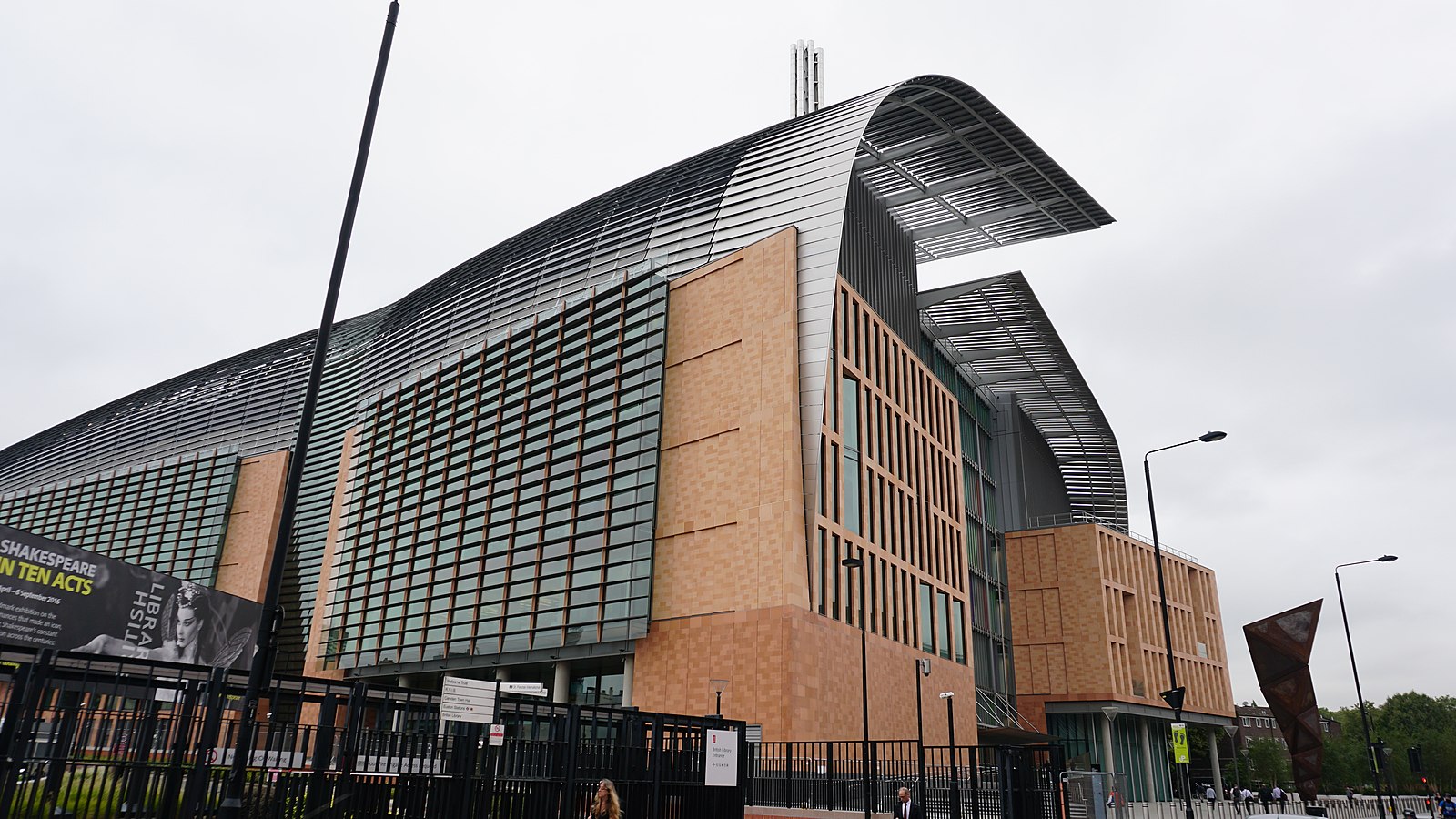Human genome editing: From the First to the Third International Summit
By Françoise Baylis,
Impact Ethics
| 03. 22. 2023
photo by Miguel Descart licensed under CC BY-SA 2.0
In early March, I was in London, England for the Third International Summit on Human Genome Editing. It was a welcome occasion to see friends and colleagues and to advance discussion and debate on research involving somatic, germline, and heritable human genome editing.
Somatic human genome editing involves the genetic modification of somatic (nonreproductive) cells. Changes made to these cells are not passed on to subsequent generations. Germline human genome editing involves the genetic modification of reproductive cells (eggs and sperm) or early stage (one-cell) embryos. This research occurs in the lab and when the research is done the modified cells are discarded. Heritable human genome editing involves the transfer of genetically modified reproductive cells to a uterus in the hope of creating genetically modified children.
In this brief commentary, I share my reflections on two of the many successes of the Third International Summit: (1) increased focus on the science, ethics, and governance of somatic human genome editing and (2) public acknowledgment of the need for further discussion and...
Related Articles
By Liyan Qi and Jonathan Cheng, The Wall Street Journal | 03.26.2025
photo via Wikimedia Commons licensed under CC by 3.0
Chinese scientist He Jiankui set off global outrage and landed in prison after he skirted ethical guidelines and claimed he had produced genetically modified babies designed to resist HIV infection.
Now, the self-styled ...
By Anna Louie Sussman, The New York Times | 03.25.2025
On June 24, 2022, the same day the Supreme Court issued its decision in Dobbs v. Jackson Women’s Health Organization, I received a call from the fertility clinic where I’d been undergoing in vitro fertilization, informing me that seven of...
By Michael Gibney, PharmaVoice | 03.20.2025
The death this week of a teenager receiving Sarepta Therapeutics’ gene therapy Elevidys for Duchenne muscular dystrophy is a tragic reminder of the stakes involved in cutting-edge biotech innovation.
While gene therapies like Sarepta’s offer an opportunity to treat and...
By Staff, The Medicine Maker | 03.21.2025
"The Promise and Peril of CRISPR" cover by Johns Hopkins University Press
As a paediatrician taking care of children with sickle cell disease, Neal Baer, a Harvard Medical School graduate, was in awe of the power of CRISPR technologies. Later...




